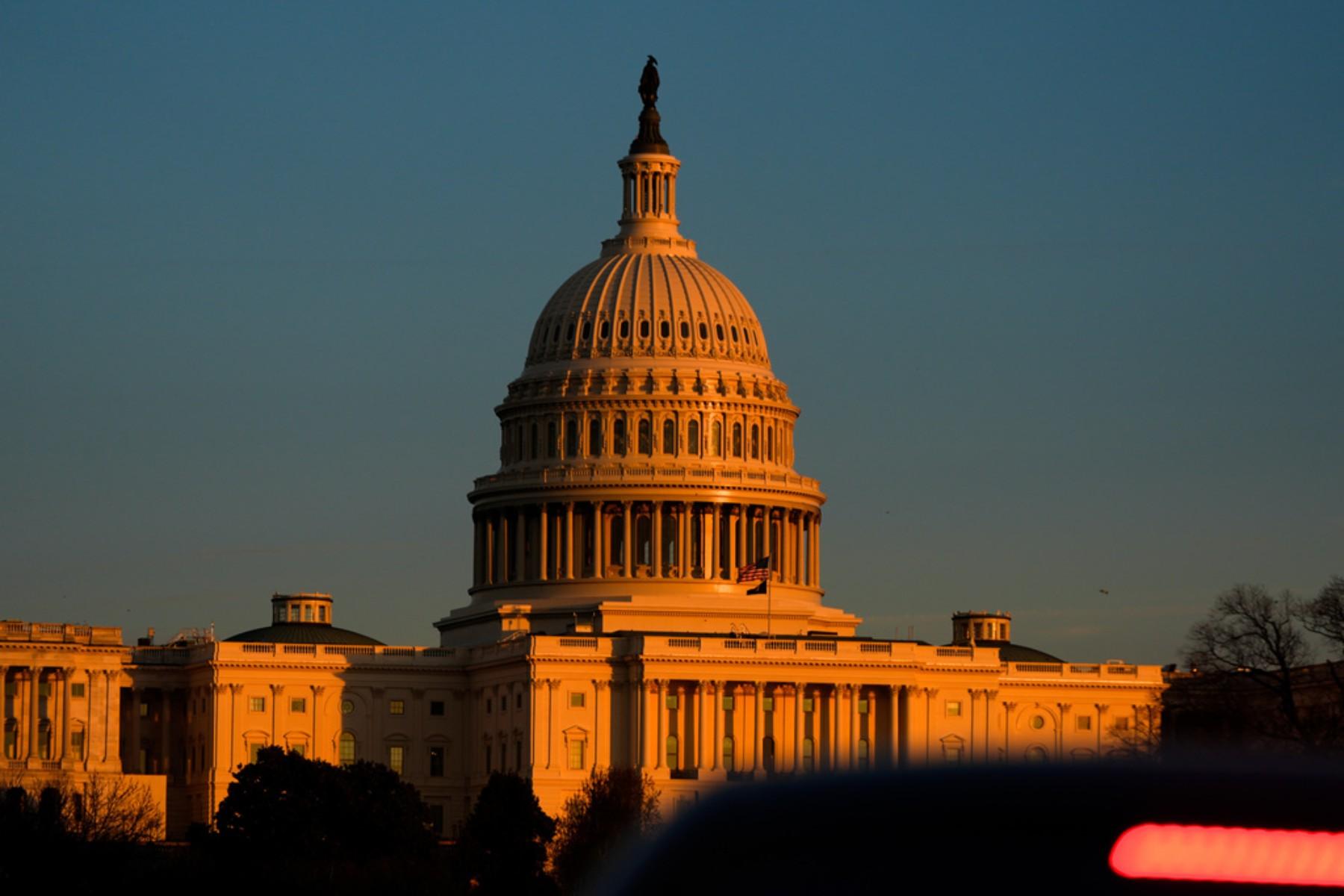
Fallout from the sexual abuse of hundreds of gymnasts by Dr. Larry Nassar has reached the United States Olympic Committee in Colorado Springs. A bipartisan group of U.S. senators want an investigation of the USOC, and two senators have called for its CEO to resign. Reports say the USOC was told of accusations against Nassar in 2015 and did not alert athletes.
To talk about what responsibility the USOC bears, and what it needs to change, we reached out to Nancy Hogshead-Makar, who won three gold medals and one silver swimming for the United States at the 1984 summer Olympics in Los Angeles. She's now a lawyer, and the founder of Champion Women, a legal advocacy group for girls and women in sports.
Former gold medalist gymnast Aly Raisman, in her statement to the court at the Nassar sentencing, offered a harrowing account of her experience with Nassar, and harsh criticism of the system in which Nassar worked:
Part of what she told the court:
"Why have I and the others here probably not heard anything from the leadership of the U.S.O.C.? Why has the U.S. Olympic Committee been silent? Why isn’t the U.S.O.C. here right now? Larry was the Olympic doctor and he molested me at the 2012 London Olympic Games. They say now they applaud those who have spoken out, but it’s easy to say that now. When the brave women started speaking out back then, more than a year after the U.S.O.C. says they knew about Nassar, they were dismissed.
Hogshead-Makar supported the founding of the SafeSport organization in 2015 as a way to prevent the abuse of athletes. Just as with drug testing, she said a separate entity is needed because the financial incentive for sports organizations to look the other way can be too strong.
She also successfully lobbied for a USOC rule that prohibits romantic or sexual relationships between coaches and athletes. But she acknowledges that coaches that get into trouble often stay in coaching -- they just move jobs. The problem, she said, is that leagues don’t have reciprocity - a coach that is banned in one league may not be banned in another.









